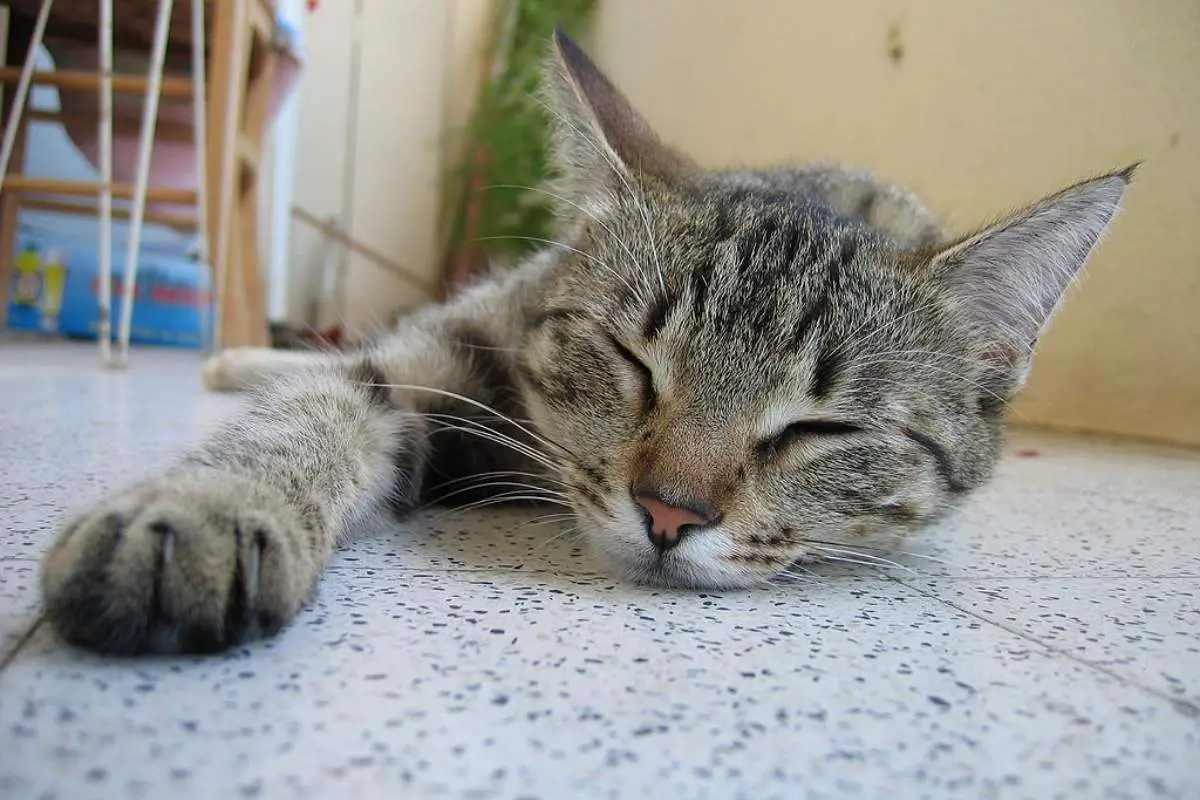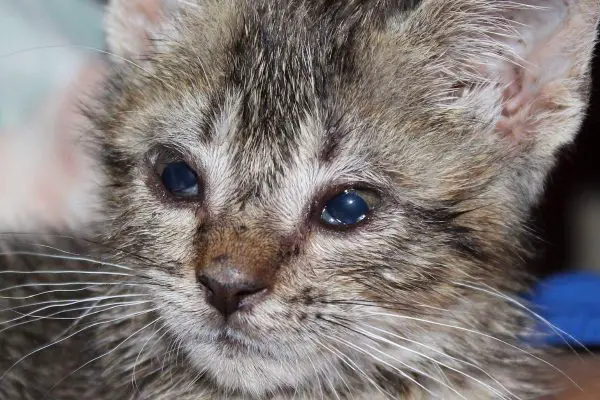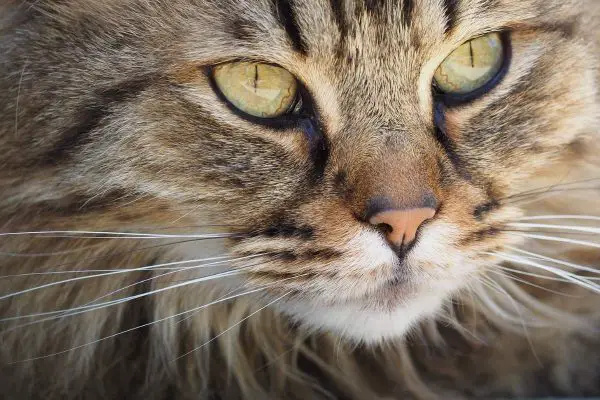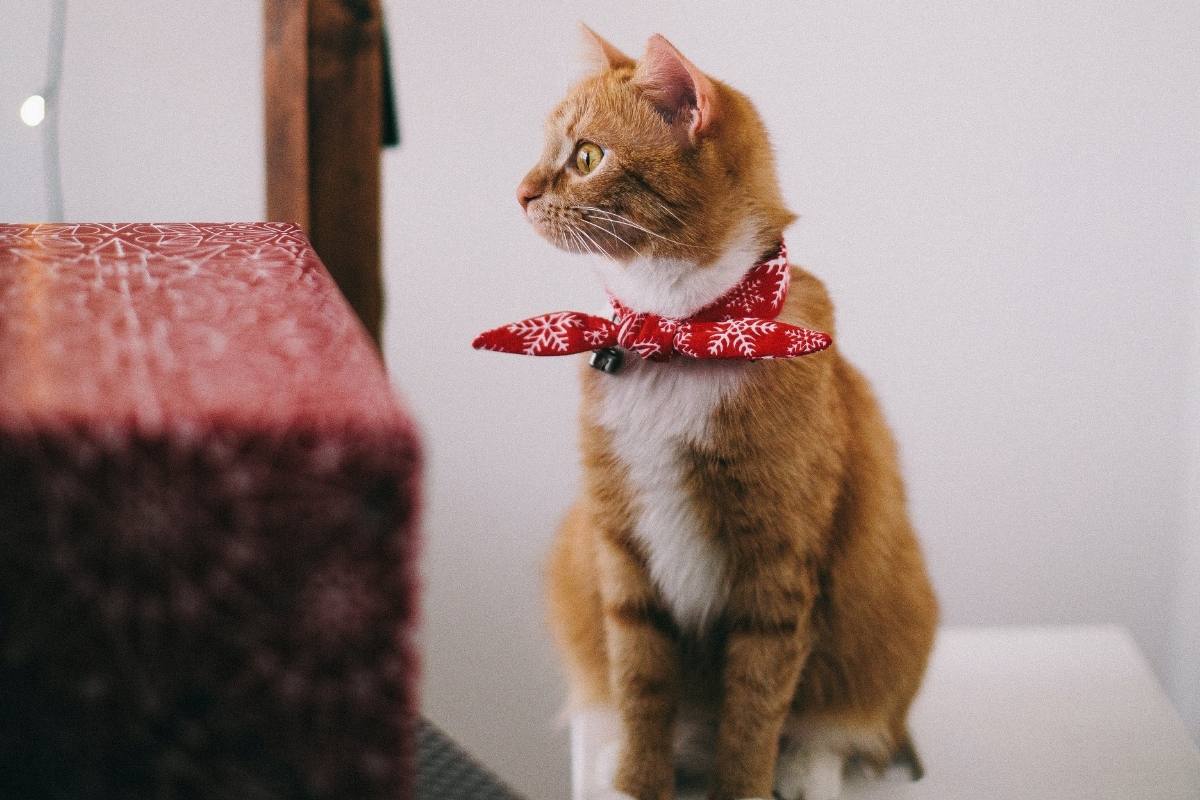If you are a cat owner, you likely have noticed quite a few quirky and mysterious behaviors you could not quite explain, such as your feline friend chilling in front of the air conditioner. There are likely a few reasons for this behavior depending upon many factors, such as your companion’s temperament, size, and health.
So why does your cat sit in front of the air conditioner? The most likely reason is because your cat needs to cool off to regulate its body temperature. However, this behavior could also be caused by illness or whisker stress.
This article explores reasons why some cats sit or lie in front of fans, vents, and air conditioning units. Factors influencing your cat’s behavior, such as breed and size, temperature regulation, and individual personalities, will be discussed. If you’ve ever wondered, ‘Do cats like air conditioning?’ these insights will shed light on your cat’s preferences and behaviors.
Factors Affecting Your Cat’s Behavior

There are many factors that affect your cat’s behavior from its activity level to its food preferences. Becoming familiar with your pet’s temperament and quirks based on these factors can help you determine if behaviors you observe are normal and nothing to worry about, or if they may be signaling that something is wrong beneath the surface.
The breed and activity level of a cat will greatly affect its temperament and choices. Munchkin cats, for example, are short, docile, and relaxed with relatively few health issues, but have long fur that can get matted and affect body temperature regulation.
Munchkins are typically not as active or inquisitive as other breeds. Abyssinian cats, by contrast, are highly active, highly inquisitive cats with short coats who love to run and jump but are prone to several health issues like periodontal disease and patellar luxation.
Knowing the characteristics of your breed is imperative to being able to determine if a behavior is cause for concern.
Your cat’s age, size, and health may also affect their behavior. Many large cat breeds enjoy human companionship but value their “me time,” and tend to be slightly less active than their athletic, medium- to small- cousins.
Furthermore, elderly cats are typically less active and less able to retain body heat as their young friends, but still enjoy playtime and cuddling their humans. Some of the factors mentioned here can give hints toward a cat’s unique personality traits, which we will discuss later.
Many of these factors, especially age and size, also determine how well a cat can regulate its own body temperature. Read on below to find out how.
Body Temperature Regulation
Since a cat’s natural body temperature ranges between 99.5 to 102.5 degrees Fahrenheit, in contrast with us 98.6-degree humans, cooling themselves when they are overheated is a high priority for our feline companions.
Like humans, many cats have different preferences when it comes to their ideal environmental temperature. For cats, these preferences can be based on unique personalities, but are often centered on their breed, size, or age.
Long-haired cats retain body heat very well but are susceptible to overheating and need help during the hotter months to stay cool. While short-haired varieties do have it a little easier in the heat than their fluffy friends, cats are better in general at keeping themselves warm rather than cool.
This explains why you will often see them sprawled across cool tiles in a kitchen or bathroom or curled up in the chilly porcelain or metal of a sink.
Additionally, larger cats have an easier time retaining body heat than smaller cats or kittens due to their size and the amount of body fat they carry, making them prone to overheating as well.
Young, healthy cats have an easier time regulating their body temperature than cats who are elderly or sick. Young and healthy cats are also typically more active than their mature and ill counterparts, leading to more body heat production.
Staying cool is obviously important to all cats, but as discussed above, cats with longer or thicker fur, large cats, and highly active cats are all more susceptible to overheating. If your cat fits one of these categories, sitting in front of an air conditioner is likely their ideal way to chill out.
If you have an elderly companion, they may also be trying to regulate themselves and enjoy the cool air. If, however, your cat is displaying adverse symptoms while treating themselves to cool air, it may be time to consider illness as a factor in your cat’s behavior.
How to Tell if Your Cat is Ill

If your cat is sick, their immune system is likely weakened, they may be eating less, or they may be less active, all of which could potentially lead to altered behaviors or more difficulty regulating body temperature.
If you know what to look for, signs of illness may help you determine why your cat is acting a certain way—say, sitting in front of an air conditioner. Some signs of illness to look for include but are not limited to:
- Change in appearance of coat (from shiny and full to dull and patchy)
- Decrease in appetite or thirst
- Decrease in activity level
- Difficulty with movements that were previously no issue (sudden inability to use back legs, for example)
- Droopy eyelids or glazed-over eyes
- Fever (ranging from 102.6 to 104 degrees)
If you have observed some of these symptoms and your cat has only recently taken to sitting in front of the air conditioner, they may be struggling with discomfort or an inability to regulate their body temperature, as discussed in the paragraph above. If this is the case, your cat is telling you something and it is time for a visit to your veterinarian.
If your cat appears healthy and is otherwise acting normally, their new fascination with fans might simply be a product of your cat’s personality traits.
Cats Have Unique Personalities Too
In many ways, cats are not so different from humans, like the temperature preferences described above. Something else we share is the range of personality traits and quirks we display. Like us, cats can fall anywhere along a spectrum of behavioral traits, often displaying multiple traits throughout that spectrum that combine to create a unique individual.
And just like humans, some cats enjoy certain activities while others do not. Sitting in front of a cool air conditioner with a pleasant breeze blowing across their whiskers and furry face may very well be a personal preference of many cats.
Something else to consider is the way air conditioning smells. Cats have a complex sense of smell, and they could be picking up subtle nuances in the air that humans cannot detect. Interesting smells could range from an aroma coming in from outside to mildew growth, to a small critter setting up shop somewhere in your ducts.
If your cat appears relaxed or amused by the gusts it gets from your vents, you probably have a quirky companion. Furthermore, your cat may regard your air conditioner quizzically while enjoying the frosty air. If you’ve ever wondered why your cat seems so captivated, it could be because your feline friend is obsessed with the air vent.
As mentioned earlier, some breeds are inherently more inquisitive than others, so your cat could be puzzling out what this curious machine is doing. At any rate, this behavior may well be the result of your cat’s unique personality shining just for you.
Other Potential Reasons

If you are still unsure about your cat’s tendency to hang out in front of your air conditioner, consider whisker stress as a culprit. A cat’s whiskers are vital but can be quite sensitive, and over-stimulation can lead to whisker stress.
Whisker stress is not a medical condition, but a state a cat goes into if this sensory organ becomes overloaded, during which a sense of aversion develops. Some cats may find the sensation of air blowing through their whiskers relaxing if they have begun to feel the effects of whisker stress.
To help alleviate or prevent this feeling for your pet, consider special water and food bowls that do not interfere with whiskers while dining.
Conclusion
When your cat sits or lays in front of the air conditioner or a fan, they are most likely trying to cool off to regulate their body temperature since they tend to run a little warmer than humans.
There could be some underlying health issues your cat may be signaling to you, so assess your companion’s health by observing accompanying symptoms, if any, and contact your veterinarian for assistance.
Some cats also may simply enjoy the feeling of wind blowing through their whiskers or perhaps have caught an interesting smell coming from the vent. If your cat appears to be in good spirits and is not displaying any signs of illness, this unique behavior is most likely nothing to worry about, so sit back and enjoy the antics of your feline companion.

